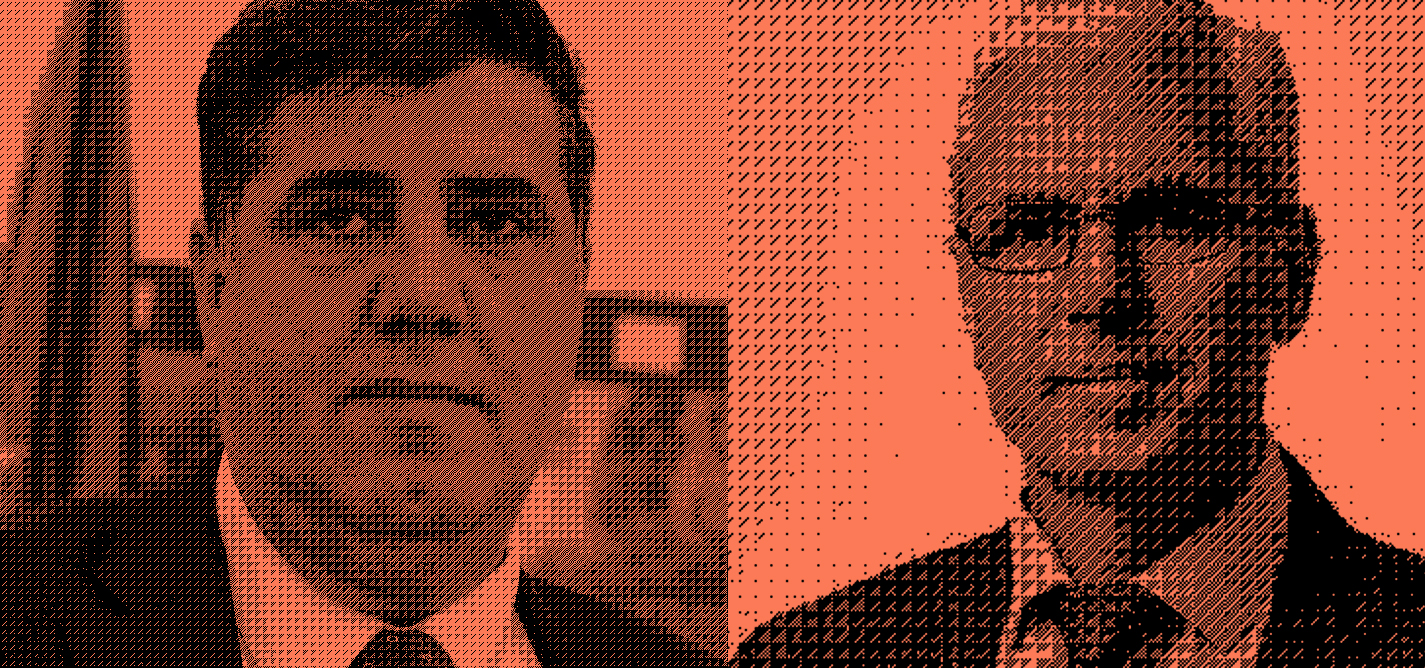
Lutfi Haziri vs. Sami Kurteshi
A former deputy prime minister against a former ombudsperson in the race for Gjilan.
Kurteshi has also highlighted the critical situation regarding the environment in the Gjilan municipality, especially the stench in the city center.
In the 17 years after the end of the war, PDK governed Gjilan for only one mandate, with all other mandates governed by LDK.

Ngadhnjim Avdyli
Ngadhnjim Avdyli is a former K2.0 staff journalist, covering mainly politics, governance and social justice issues. He has a degree in journalism from the University of Prishtina.
This story was originally written in Albanian.